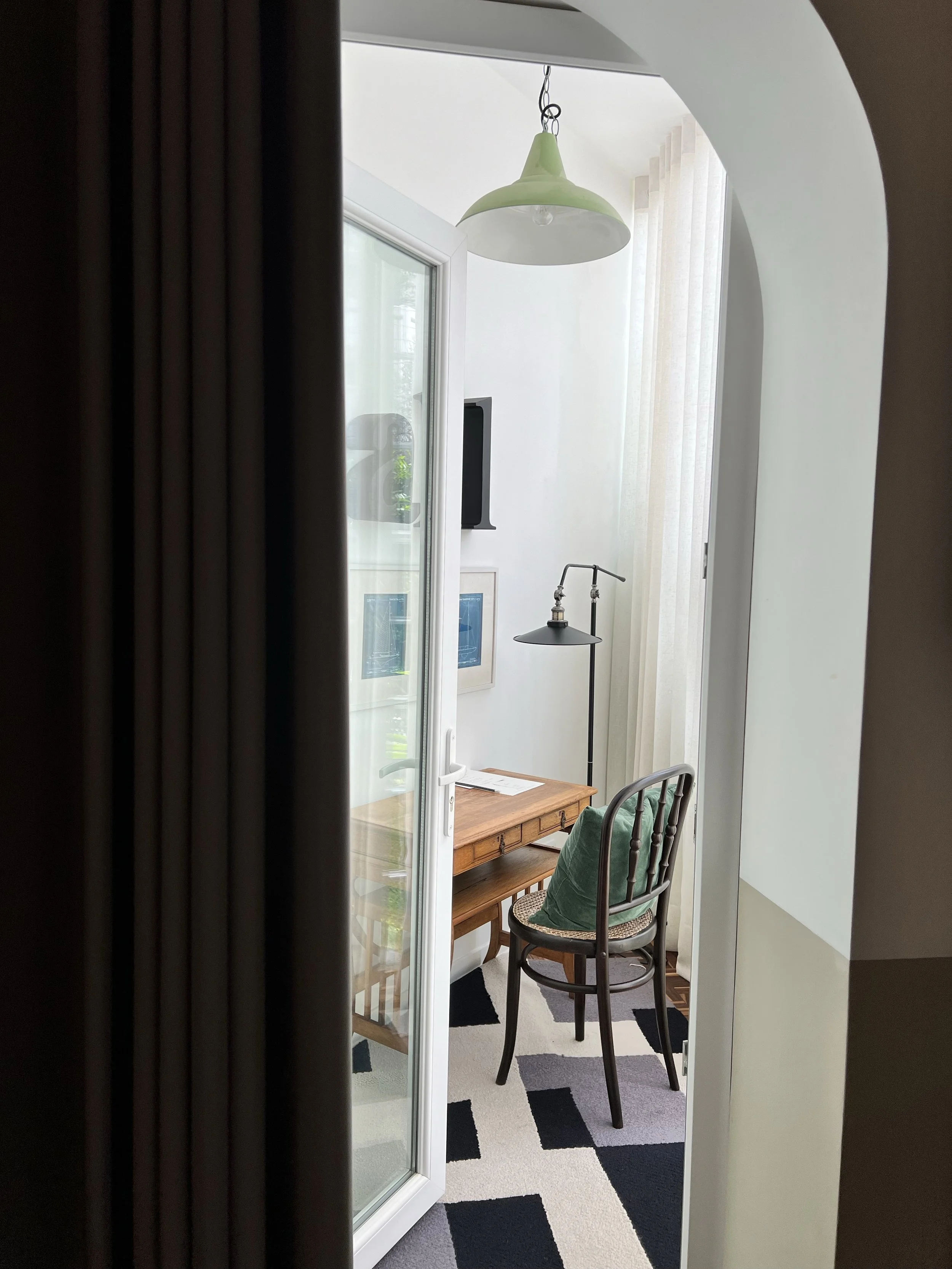Creating a Journal Space in Your Home: A Guide to Crafting Your Personal Writing Sanctuary
In our busy lives, finding a peaceful space to unwind and reflect is essential for mental health and well-being. One of the best ways to achieve this is by creating a dedicated journal space in your home. This personal sanctuary can become a haven for self-expression, stress relief, and creativity. Here's how to design an inviting and inspiring journal space that will enhance your writing experience.
Why Create a Journal Space?
1. Encourages Regular Journaling:
Having a specific area set aside for journaling encourages you to write more frequently. It's a visual reminder to take time for self-reflection and personal growth.
2. Promotes Mental Calm:
A designated journal space can be a retreat from the chaos of daily life. It offers a quiet, calming environment where you can clear your mind and focus on your thoughts.
3. Boosts Creativity:
A well-designed space with inspiring elements can stimulate creativity and make journaling a more enjoyable activity.
Choosing the Right Location
When selecting a location for your journal space, consider the following factors:
1. Quietness:
Choose a spot that is away from high-traffic areas and household noise. A quiet corner in your bedroom, a spare room, or a nook in your living room can work well.
2. Natural Light:
If possible, place your journal space near a window. Natural light can improve mood and concentration. However, ensure you have adequate lighting for evening or low-light conditions.
3. Comfort:
Select a space that allows you to sit comfortably for extended periods. An ergonomic chair and a sturdy writing surface are essential.
Essential Elements for Your Journal Space
To create an inviting and functional journal space, incorporate these essential elements:
1. Writing Surface:
A desk or table is crucial for comfortable journaling. Choose one that fits your space and provides ample room for your journal, writing tools, and other accessories.
2. Comfortable Seating:
Invest in a comfortable chair that supports good posture. Consider adding a cushion for extra comfort.
3. Good Lighting:
Ensure your space is well-lit. A combination of natural light and a good-quality desk lamp can help prevent eye strain and create a cozy atmosphere.
4. Storage Solutions:
Keep your journal space organized with storage solutions such as shelves, drawers, or baskets. This helps maintain a clutter-free environment, making it easier to focus on writing.
Personalising Your Journal Space
Personalising your journal space can make it more inviting and reflective of your personality. Here are some ideas to consider:
1. Inspiring Decor:
Decorate your space with items that inspire you, such as artwork, photos, or quotes. Choose pieces that evoke positive emotions and creativity.
2. Plants:
Adding greenery can enhance the ambiance and create a calming atmosphere. Plants like succulents, peace lilies, or small potted herbs are great choices.
3. Cozy Textiles:
Incorporate cozy textiles like throw blankets, cushions, or a soft rug to make your space more comfortable and inviting.
4. Aromatherapy:
Use essential oils, candles, or incense to create a relaxing environment. Scents like lavender, chamomile, or sandalwood can promote relaxation and focus.
5. Personal Touches:
Include personal items that bring you joy, such as mementos, souvenirs, or favorite books. These items can add a unique touch to your space and make it feel more special.
Tips for Maintaining Your Journal Space
Once you've created your journal space, it's essential to maintain it to ensure it remains a peaceful and inviting sanctuary. Here are some tips for upkeep:
1. Keep It Clutter-Free:
Regularly tidy your space to keep it free from clutter. An organized space promotes mental clarity and focus.
2. Refresh Your Decor:
Periodically update your decor to keep the space feeling fresh and inspiring. This could be as simple as changing artwork, adding new plants, or swapping out cushions.
3. Set Boundaries:
Establish boundaries with family members or housemates to ensure your journal space remains a quiet and private area for you.
4. Make It a Routine:
Incorporate journaling into your daily routine by setting aside specific times for writing. Consistency will help you make the most of your dedicated space.
By carefully choosing a location, incorporating essential elements, and personalising the space, you can craft a personal writing sanctuary that supports your mental well-being and personal growth.
Whether you’re a seasoned journaler or just starting, having a dedicated space will inspire you to write more often and enjoy the myriad benefits of journaling. So, take the time to design your journal space today and watch your writing flourish in your new haven.

